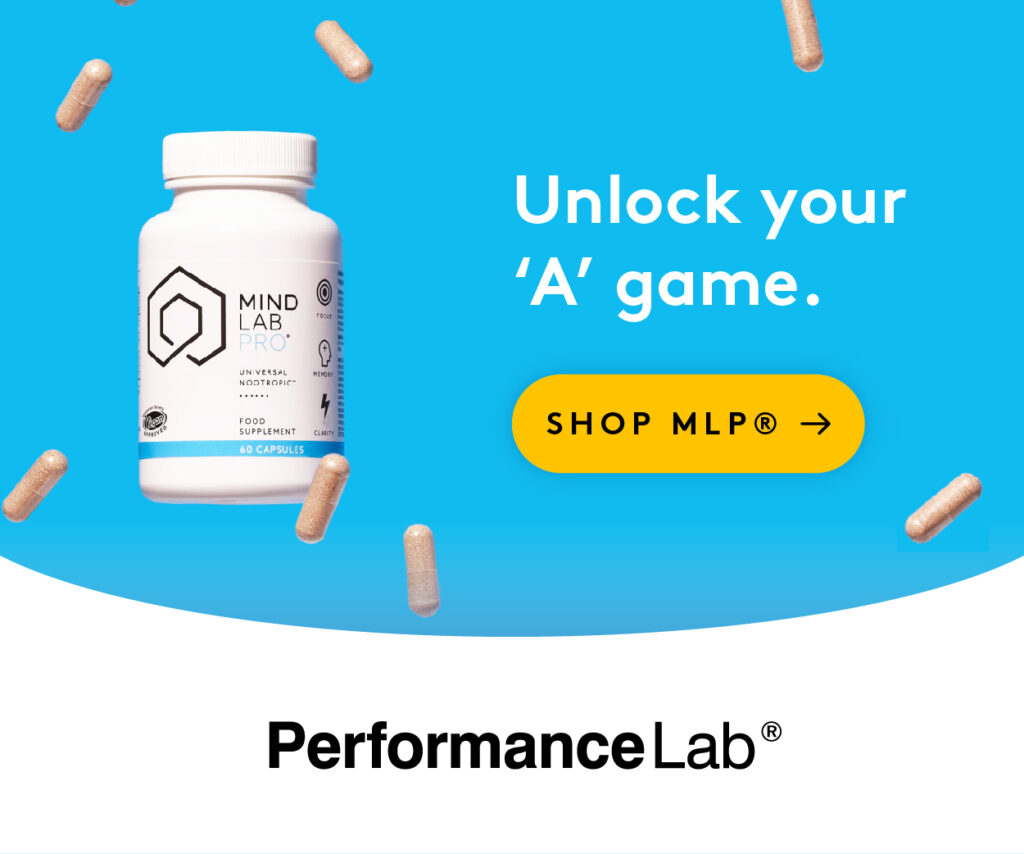Ever wondered what really happens when you stop taking supplements for a month? Whether you’re cycling off nootropics, adaptogens, multivitamins, or sports supplements like creatine or omega-3s, taking a 30-day break can create major shifts in how you feel, think, and perform.
In this in-depth guide, we’ll explore the physical and mental effects of quitting supplements, how your body rebounds, and whether taking a break might actually improve your long-term health and supplement effectiveness.
🧠 Mental Clarity, Focus & Mood Without Supplements
One of the most noticeable effects of stopping cognitive enhancers is the drop in mental clarity. If you’re used to taking nootropics for focus and productivity, going cold turkey can feel like a mental slowdown.
What to Expect:
- Brain fog during the first 3–7 days
- Increased distraction and reduced attention span
- Fluctuating motivation and possible mood swings
- Sleep disturbances (especially if using L-theanine, magnesium, or adaptogenic sleep aids)
That said, many users experience a surprising benefit: natural focus and motivation rebound after 2–3 weeks. Your brain begins to recalibrate neurotransmitter balance, often resulting in more stable mood and cleaner energy.
⚡ Physical Effects: What Your Body Feels
Depending on your stack, physical changes may kick in faster than expected. Supplements like creatine, vitamin D, and omega-3s affect energy, strength, and recovery.
| Supplement | What May Happen After 30 Days Off |
|---|---|
| Creatine | Reduced strength and endurance, slower recovery |
| Omega-3s | Mental dullness, joint stiffness |
| Multivitamins | Drop in energy, possible fatigue or minor illness |
| Caffeine-based stimulants | Better sleep, lower baseline energy |
| Probiotics | Digestive irregularity, bloating, sluggish digestion |
| Adaptogens (Ashwagandha, Rhodiola) | Slight increase in stress sensitivity |
Interestingly, some effects fade slowly. Creatine stores, for example, decline gradually—most users don’t notice a change until after 2–3 weeks.
🔄 Reset Your Supplement Tolerance
One major reason to take time off your stack? Resetting your tolerance.
When used daily, supplements like caffeine, L-theanine, ashwagandha, and even B vitamins can become less effective over time. Cycling off resets sensitivity and allows your receptors to “breathe.”
Benefits of a Supplement Reset:
- Enhanced focus and energy once reintroduced
- Deeper sleep with sleep-support supplements
- Lower doses become more effective
- Reduced risk of dependency or diminished results
- You identify which supplements truly work
🚨 Pro tip: Do a 30-day supplement reset every 3–4 months to prevent tolerance buildup and maintain long-term efficacy.
🧬 Do You Actually Need Every Supplement?
Taking a break also helps answer a big question: which supplements are actually helping?
Some people report no negative changes after stopping their stack, which may indicate:
- Placebo effect was stronger than actual results
- They’re over-supplementing
- Diet and lifestyle already cover the basics
Others find that certain supplements were crucial to their daily performance.
Common “withdrawal-like” symptoms:
- Headaches (especially after stopping caffeine or L-tyrosine)
- Poor sleep (common when cutting out magnesium or GABA agents)
- Brain fog and fatigue
- Mood dips or irritability
Not everyone gets symptoms—but if you do, it’s a sign your body was heavily depending on that compound.
💊 Benefits of a 30-Day Supplement Detox
If you’ve been taking supplements daily for months (or years), a detox can act like a system reboot.
Here’s what a 30-day supplement detox can do:
- Restore baseline brain chemistry
- Reduce dependence and improve future effectiveness
- Allow you to re-test supplements with clear feedback
- Save money and simplify your wellness routine
- Improve natural energy and focus from sleep, diet, and hydration alone
Some experts even argue that less is more, especially if your lifestyle is already optimized.
💬 “After three weeks off, I realized I only truly needed magnesium, D3, and a clean diet to feel sharp and focused.” — Real user
🔁 How to Reintroduce Supplements After a Break
When your reset is over, don’t restart everything at once. Reintroduce supplements one at a time to track their effects and avoid overloading your system.
Reintroduction Strategy:
- Start with the basics: electrolytes, D3, magnesium, and probiotics
- Add nootropics or adaptogens slowly (1 new supplement every 3–5 days)
- Observe how you feel—log energy, focus, sleep, and mood
- Stick to lower doses first, then ramp up only if needed
- Keep your stack lean: only reintroduce what clearly improves your day
🧠 Final Takeaway: Why Smart Cyclers Win Long-Term
A supplement break isn’t a failure. It’s a strategy. Whether you’re an entrepreneur, athlete, student, or biohacker, taking a month off can boost your natural baseline and make your stack more powerful when you return.
You might:
- Improve supplement sensitivity
- Save money and simplify your health routine
- Identify which products are necessary vs. noise
- Feel more energized, sharper, and in tune with your biology
Bottom Line: Taking a month off supplements is one of the most underrated ways to improve long-term health, brain function, and performance.


Leave a Reply